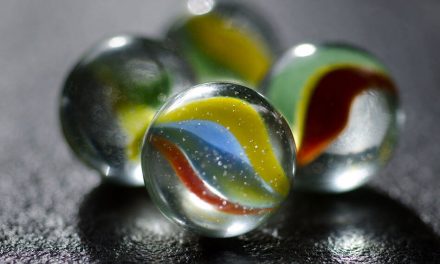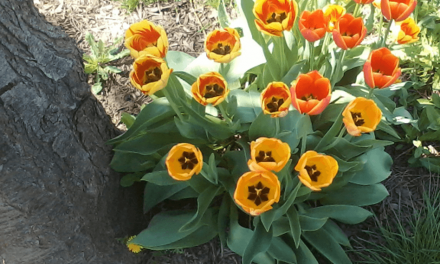Remember when you were six and you got your first pair of hoop earrings? The ones with the colored glass beads that you really loved? Sure you do, you still have them tucked away in that box of treasures that traveled with you to high school and then on to college. You wore them to the prom, twice, and wore them again when you started your first job. And then once more on the day you met John (and later, Richard and Robert – but they didn’t amount to much). But you still have your earrings. Why? Because they had become a part of you. It’s as simple as that.
And so is our pride. It is as big a part of us as the air we breathe, and we’d expire without it. Our pride (or self-esteem, or sense of self-worth) is so vital to our existence that we could posit that a person without at least some pride would be no person at all. It is what drives us to get out of bed in the morning and be productive. And it does all manner of other things for us as well.
Our pride sends us to work each morning, and sends us back home at night. It gets us into and out of the shower and into our fresh gear every single day of our lives. Pride, you see, is our motivator. And without motivation – DRIVE – we would not be ourselves at all. We would become static and stale. Limp and lifeless. And who wants to be … What? A soggy old noodle. No one.
We would rather excel.
So then, what do you do when you find yourself back there in the first grade? Remember? Back when you lost your first really important game. It might have been kickball or tiddlywinks, it really doesn’t matter what it was. What is important – for the purpose of our discussion – is that it was so very important to us, personally, at the time. It nearly broke our hearts to lose and then be labeled as less than excellent. An outsider. The unwanted. And, my oh my! can’t children be cruel in what they say.
Does it ever seem to you that, just maybe, when we’re tempted to pout, or glare and stare, or whatever we do when we lose a game, that we are permitting old feelings from bygone days to affect our judgment? Or maybe it’s not judgment at all, but rather, our emotional demeanor. Whatever label we choose to use, the point is this:
When we were young we sometimes lost a game or two. How couldn’t we have? We were still learning. And learning can be painful.
But ask yourself: (Now that you’re no longer six years old … ) Do I lose as graciously as I win?
And when I win, do I torment the opponent? Or just sportingly shout Hurray! shake hands, and go for the re-match?
Whatever we do, whatever level of pride we bring to the table, a stiff dose of laughter (at ourselves, of course – not taking ourselves too seriously, as they say) can usually do us a world of good. And that, in turn, may just soften the agony of defeat into a mere, first grade, ouchy. 🙂




